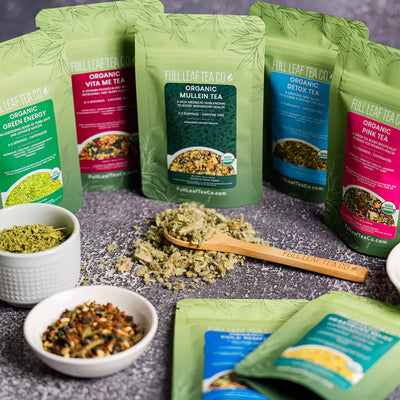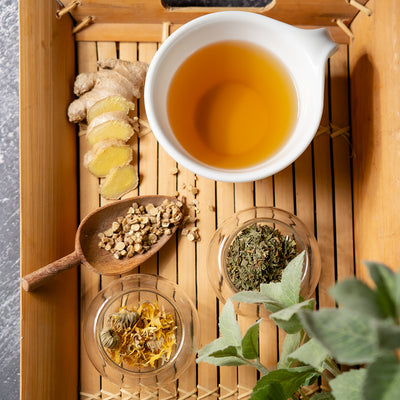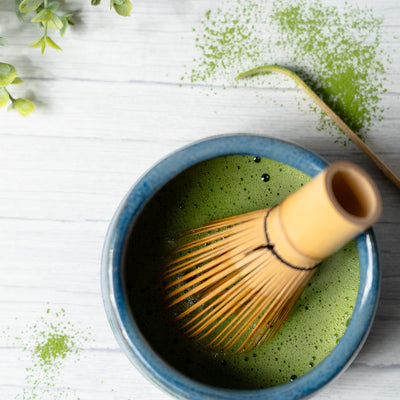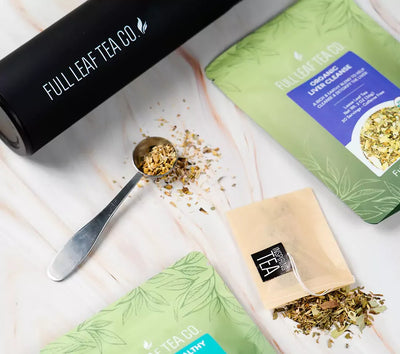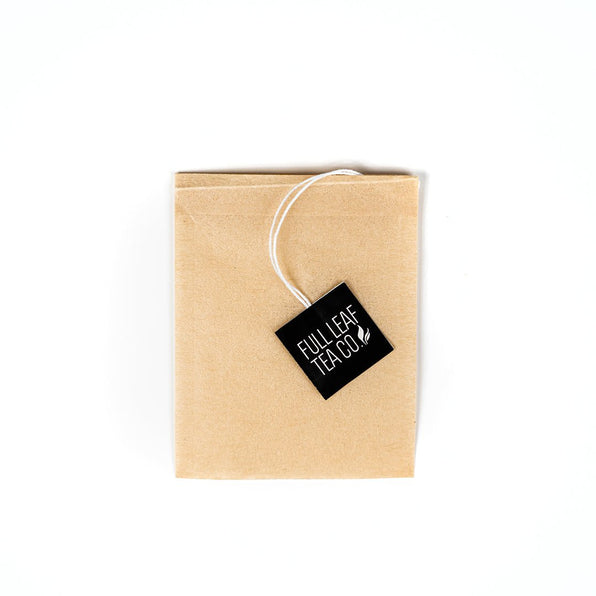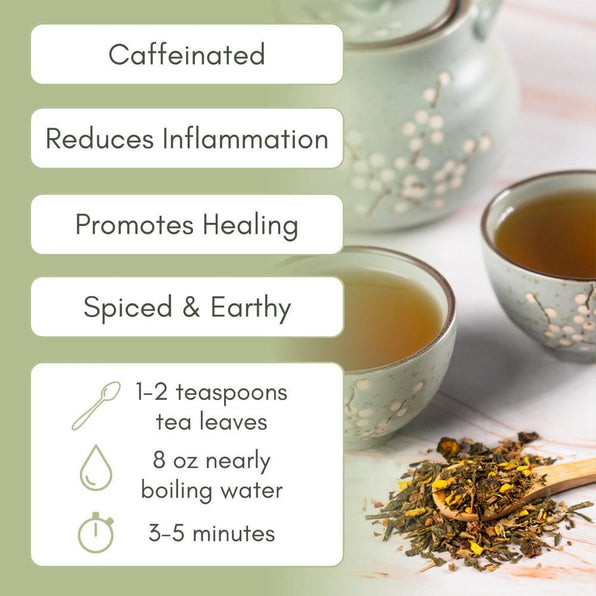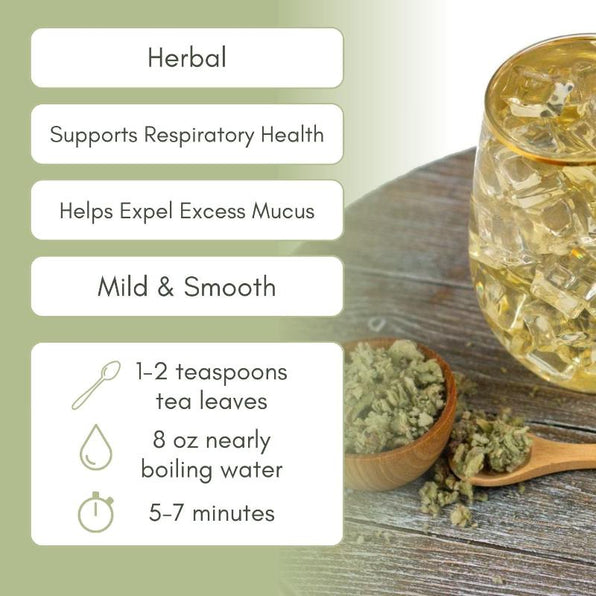How Long Do You Steep White Tea?
What is White Tea?
White tea is made from the young, unopened buds and tender leaves of the Camellia sinensis plant. It undergoes minimal processing, which preserves its delicate flavor and subtle floral notes. White tea is often considered one of the least processed types of tea, making it prized for its light, naturally sweet taste. It has a lower caffeine content compared to black or green teas, making it a gentle and refreshing option for those looking to avoid strong stimulants.
To steep loose leaf white tea follow these steps:
Measure the Tea : Use about 2 teaspoons of loose leaf white tea per 8 ounces of water, as white tea leaves are lighter and fluffier than other teas.
Heat the Water : Bring water to a temperature of 160°F to 185°F. White tea is very delicate, so boiling water will damage its light flavor.
Steep the Tea : Pour the hot water over the tea leaves and let them steep for 3 to 5 minutes. A longer steep time can bring out more depth in flavor, but avoid over-steeping to prevent bitterness.
Strain and Enjoy : Remove the tea leaves after steeping and enjoy your light, delicate cup of white tea. The leaves can often be re-steeped 2 to 3 times, with each infusion offering a slightly different taste profile.
This method will help you achieve a balanced and flavorful cup of white tea.

Ideal Water Temperature for White Tea
When brewing white tea, it's crucial to use water that’s between 160°F and 180°F, as boiling water can scorch the leaves, resulting in a bitter taste. The cooler water helps preserve the tea’s light, floral profile, allowing its subtle flavors to shine. A kitchen thermometer can be handy, but if you don't have one, let boiling water cool for a few minutes before pouring it over the leaves. Using the right water temperature is key to unlocking the nuanced flavors that make white tea so special.
Steeping Time Guidelines
White tea generally requires a steeping time of 2 to 5 minutes, depending on your taste preference and the type of white tea you’re using. Starting with a shorter steep time allows you to taste the tea’s delicate flavors without overwhelming the palate. For a stronger cup, you can increase the steeping time, but be careful not to over-steep, as this can lead to bitterness. The goal is to achieve a soft, aromatic cup that retains the tea’s natural sweetness and smooth finish.
Creative Additions to White Tea
While white tea is delicious on its own, adding a few simple ingredients can enhance its flavor without overpowering its delicate profile. A small squeeze of fresh lemon or a drizzle of honey can bring out the tea’s natural sweetness and brighten its floral notes. White tea also pairs wonderfully with fruit, such as slices of pear or apple, or even a sprig of mint for a refreshing twist. These subtle additions can elevate your cup and provide a unique, refreshing take on white tea.
Factors that Influence Steeping Time
The ideal steeping time for white tea can vary based on several factors, including the type of white tea (like Silver Needle or White Peony), the water temperature, and the quality of the tea leaves. Higher-quality white teas tend to release flavor more gradually, allowing for longer steeping times without becoming bitter. It's also important to consider personal taste—if you prefer a more delicate flavor, stick to shorter steeps. Experimenting with these variables can help you find the perfect balance for your ideal cup of white tea.
Signs You’ve Steeped Too Long
If your white tea tastes overly bitter or astringent, it’s likely that you’ve steeped it for too long or used water that was too hot. White tea should have a soft, slightly sweet taste with delicate flavors—any harshness indicates over-steeping. To avoid this, keep an eye on the time and start with a shorter steep for your first cup. If you accidentally over-steep, you can try adding a splash of water to dilute the tea and soften its intensity.
The Importance of Quality White Tea
The quality of your white tea makes a significant difference in both flavor and steeping experience. High-quality white tea, like Organic Pai Mu Tan, will contain large, whole leaves that offer a more refined and smooth taste.
Lower-quality white teas may include broken leaves or dust, leading to a harsher, more bitter brew. Investing in premium white tea ensures you’ll get the best flavor and health benefits, as well as a more enjoyable and consistent steeping experience.

